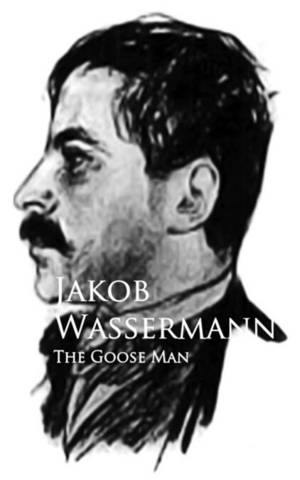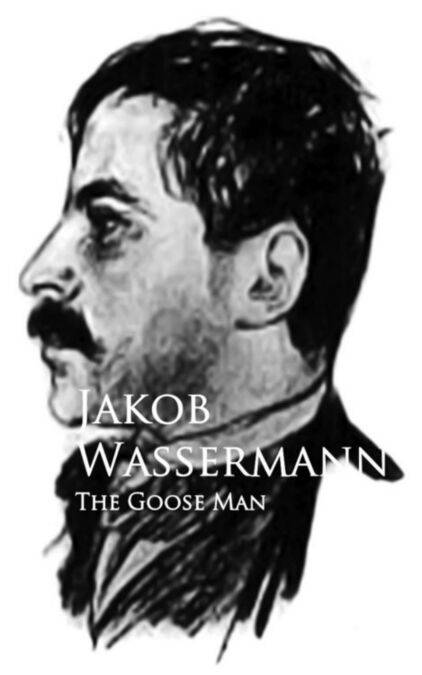
- Afhalen na 1 uur in een winkel met voorraad
- Gratis thuislevering in België vanaf € 30
- Ruim aanbod met 7 miljoen producten
- Afhalen na 1 uur in een winkel met voorraad
- Gratis thuislevering in België vanaf € 30
- Ruim aanbod met 7 miljoen producten
Zoeken
Omschrijving
None of us, whether children or adults, needs an introduction to Mother Goose. Those things which are earliest impressed upon our minds cling to them the most tenaciously. The snatches sung in the nursery are never forgotten, nor are they ever recalled without bringing back with them myriads of slumbering feelings and half-forgotten images.
We hear the sweet, low voice of the mother, singing soft lullabies to her darling, and see the kindly, wrinkled face of the grandmother as she croons the old ditties to quiet our restless spirits. One generation is linked to another by the everlasting spirit of song; the ballads of the nursery follow us from childhood to old age, and they are readily brought from memory's recesses at any time to amuse our children or our grandchildren.
The collection of jingles we know and love as the "Melodies of Mother Goose" are evidently drawn from a variety of sources. While they are, taken altogether, a happy union of rhyme, wit, pathos, satire and sentiment, the research after the author of each individual verse would indeed be hopeless. It would be folly to suppose them all the composition of uneducated old nurses, for many of them contain much reflection, wit and melody. It is said that Shelley wrote "Pussy-Cat Mew," and Dean Swift "Little Bo-Peep," and these assertions are as difficult to disprove as to prove. Some of the older verses, however, are doubtless offshoots from ancient Folk Lore songs, and have descended to us through many centuries.
We hear the sweet, low voice of the mother, singing soft lullabies to her darling, and see the kindly, wrinkled face of the grandmother as she croons the old ditties to quiet our restless spirits. One generation is linked to another by the everlasting spirit of song; the ballads of the nursery follow us from childhood to old age, and they are readily brought from memory's recesses at any time to amuse our children or our grandchildren.
The collection of jingles we know and love as the "Melodies of Mother Goose" are evidently drawn from a variety of sources. While they are, taken altogether, a happy union of rhyme, wit, pathos, satire and sentiment, the research after the author of each individual verse would indeed be hopeless. It would be folly to suppose them all the composition of uneducated old nurses, for many of them contain much reflection, wit and melody. It is said that Shelley wrote "Pussy-Cat Mew," and Dean Swift "Little Bo-Peep," and these assertions are as difficult to disprove as to prove. Some of the older verses, however, are doubtless offshoots from ancient Folk Lore songs, and have descended to us through many centuries.
Specificaties
Betrokkenen
- Auteur(s):
- Uitgeverij:
Inhoud
- Aantal bladzijden:
- 264
- Taal:
- Engels
Eigenschappen
- Productcode (EAN):
- 9783736414549
- Verschijningsdatum:
- 8/09/2016
- Uitvoering:
- E-book
- Beveiligd met:
- Digital watermarking
- Formaat:
- ePub

Alleen bij Standaard Boekhandel
Beoordelingen
We publiceren alleen reviews die voldoen aan de voorwaarden voor reviews. Bekijk onze voorwaarden voor reviews.







